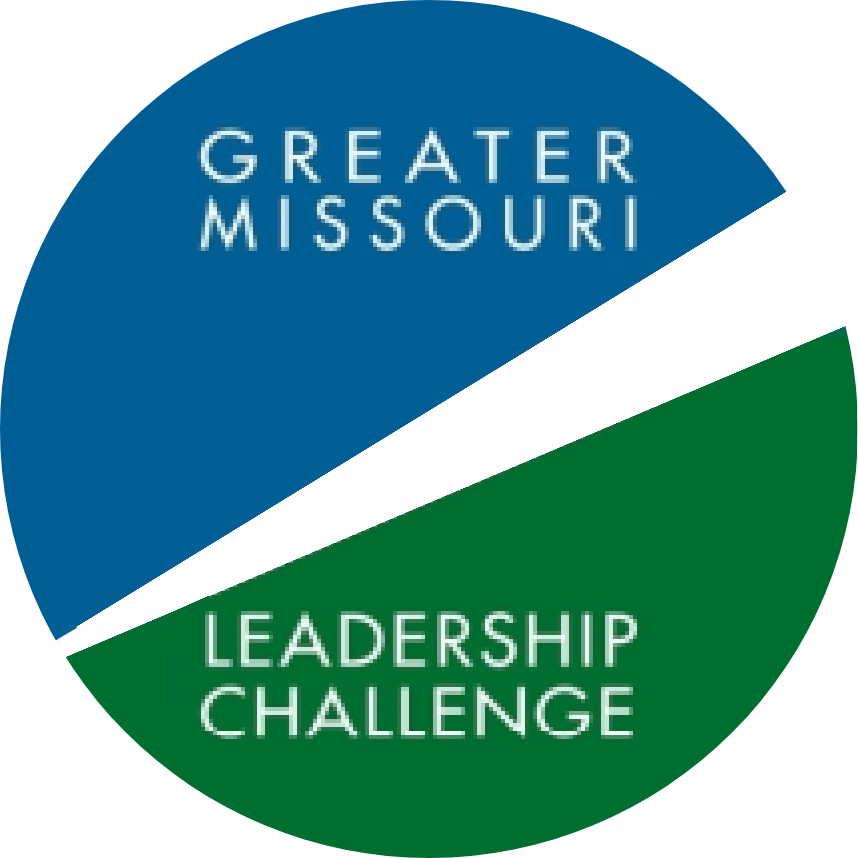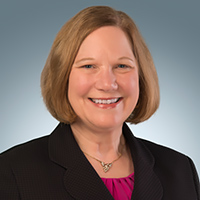Jan Holloway
2018 Community Leader of the Year
Jan Holloway served as Senior Vice President and Chief of Staff for Monsanto Company, managing the office of the Chairman and CEO. In that role she provided executive oversight for Monsanto’s community relations activities, corporate facilities, and business services. Jan worked for more than 30 years as a veteran of the company and previously held a variety of positions within the information technology organization, including serving as Chief Information Officer. She also served six years as a Staff Research Associate at Washington University’s Center for Air Pollution Impact and Trend Analysis.
Ms. Holloway holds a Bachelor of Science degree in Mathematics from Augusta College in Augusta, Georgia, and a Masters of Science degree in Applied Mathematics & Computer Science. She was named one of the St. Louis Business Journal’s 25 Most Influential Women in Business in 2000. She is a 2003 graduate of Leadership St. Louis, was named a YWCA Leader of Distinction in 2006, and received a Washington University Engineering Alumni Achievement Award in 2010. Recent awards include STEMconnector’s 2017 100 Corporate Women Leaders in STEM and 2018 Washington University School of Engineering & Applied Science Dean’s Award.
Jan currently serves on the boards of United Way of Greater St. Louis, St. Louis Regional Chamber, St. Louis Community College Foundation, Cortex Innovation Community and the Nine Network of Public Media, and is a member of Washington University School of Engineering & Applied Science’s National Council.
Monsanto/Bayer is committed to bringing a broad range of solutions to help nourish our growing world. They produce seeds for fruits, vegetables and key crops – such as corn, soybeans, and cotton – that help farmers have better harvests while using water and other important resources more efficiently. They work to find sustainable solutions for soil health, help farmers use data to improve farming practices and conserve natural resources, and provide crop protection products to minimize damage from pests and disease. Through programs and partnerships, they collaborate with farmers, researchers, nonprofit organizations, universities and others to help tackle some of the world’s biggest challenges.



